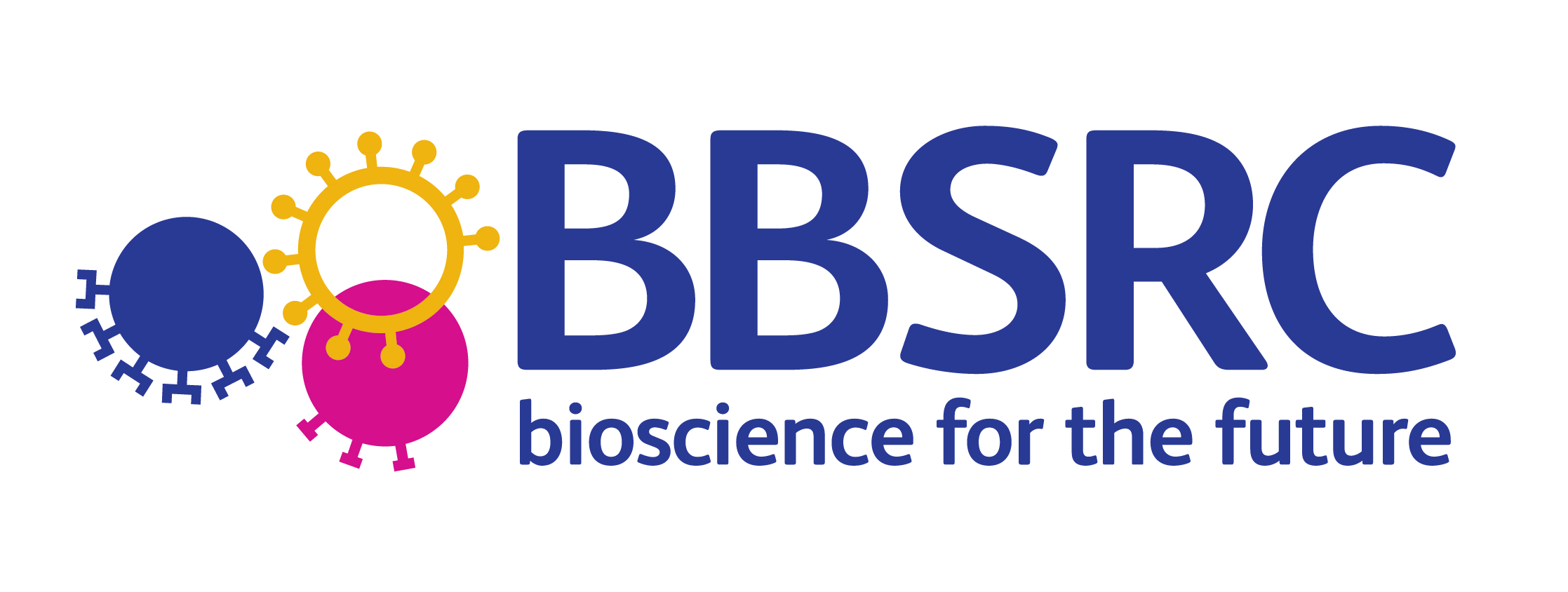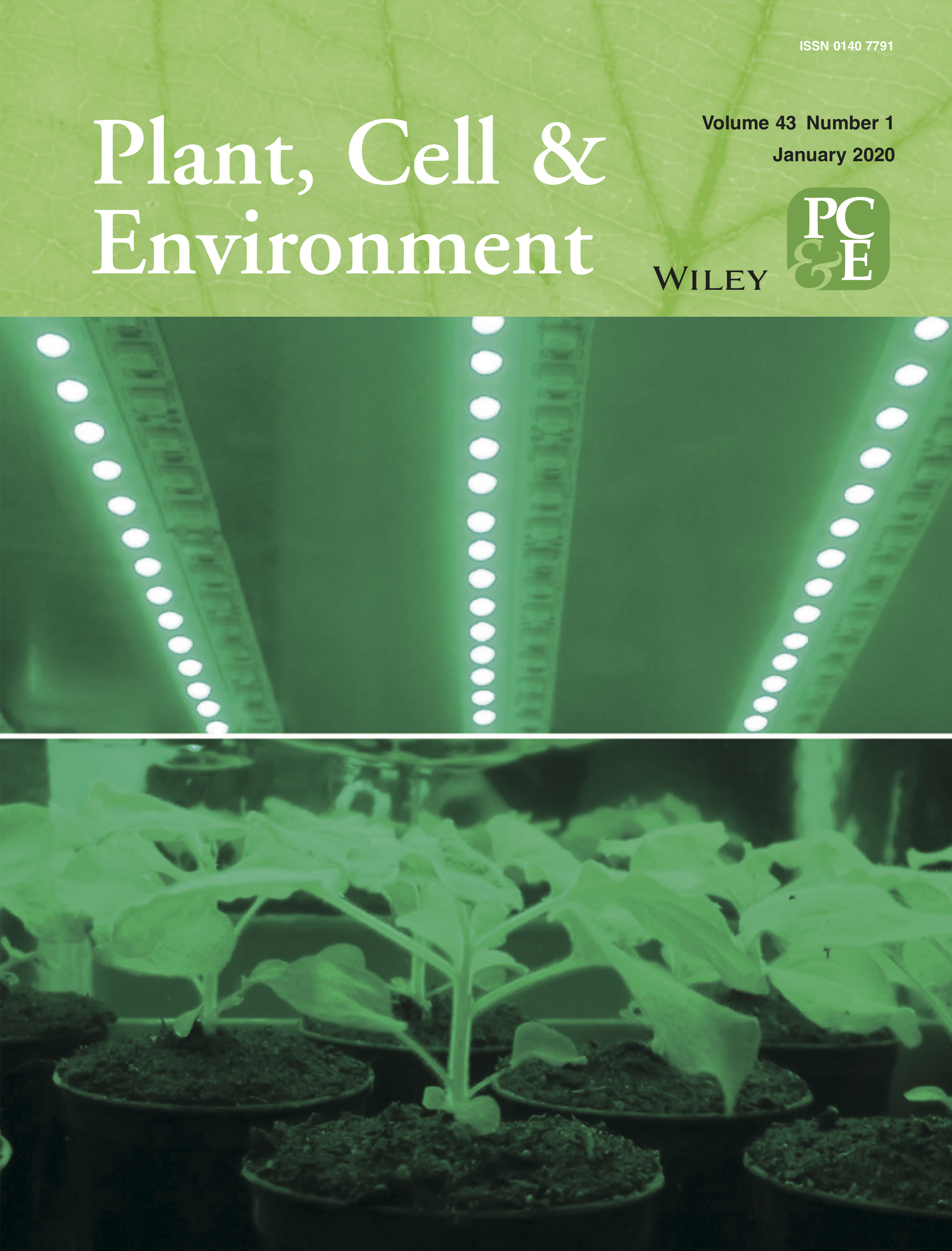What we do
One goal of modern breeding programs is to increase the uniformity of crops so that harvesting time is more predictable and quality is consistent. This is true for intensive, precision outdoor farming and Total Controlled Environment Agriculture (TCEA, or vertical farming). However, plants are developmentally plastic and respond to changes in light and temperature to optimize their growth. Developmental plasticity is advantageous in natural conditions where resources and environmental stresses vary across seasons and location, but is disadvantageous in modern crop monoculture where fertilizers, pesticides, irrigation, etc., can be provided. Climate change offers additional challenges, with more varied weather and increasing temperatures disrupting plant development. Importantly, flowering in many crops is dependent on day length and highly influenced by ambient temperatures. This is disruptive to farmers who can only harvest at defined times of the year.
We are working to understand how plants’ developmental plasticity can be engineered to control crop yield, quality, and flowering date. We work with two model plants; Arabidopsis for fundamental research, and basil as a model crop. Our work has revealed how plants responses to light and temperature can be manipulated, leading to patents and research papers. We continue to exploit our technology to generate crops with predictable, reliable harvests and welcome interest from commercial partners.
Where we are
Funding
Our research is supported by the BBSRC and the Gatsby Charitable Foundation. We thank the Leverhulme Trust, the Royal Society, the Perry Foundation, and the Oppenheimer Memorial Trust for previous support.





